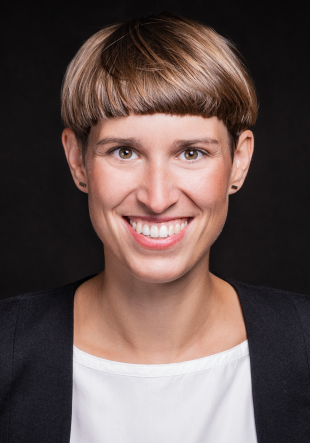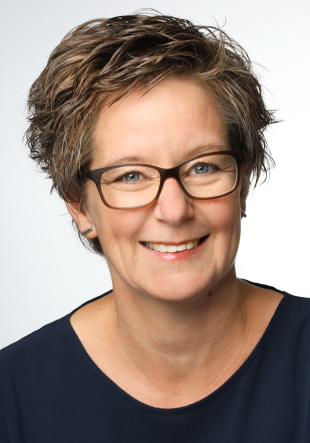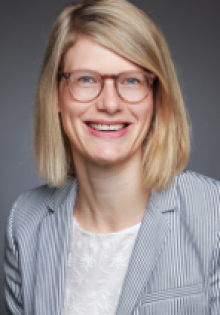University of Paderborn is one of the participating locations
Last week, the Standing Conference of the Ministers of Education and Cultural Affairs of the Länder in the Federal Republic of Germany (KMK) adopted a comprehensive ten-year program to strengthen mathematics education in Germany. With "QuaMath - Developing Teaching and Training Quality in Mathematics", it is responding to the problem that only just under half of all young people achieve the mathematical competencies that the KMK has defined in its regular standards. This is accompanied by a pioneering further development of mathematics teaching. The program is being developed by the German Center for Teacher Education in Mathematics (DZLM) at the Leibniz Institute for Science and Mathematics Education (IPN) and implemented together with the states. The University of Paderborn is involved in the program as one site of the DZLM network.
The ten-year plan aims to reach more than 10,000 schools with suggestions for lesson development, subject-didactically-based further training measures and by networking all those involved. For the program, the DZLM will receive funding of around 17.6 million euros for the first five and a half years, starting in 2023. The federal states will also invest a further 5.5 million euros annually for state coordination and multipliers.
The University of Paderborn has been involved in the DZLM network since the beginning in 2011 and has, among other things, co-developed qualifications and carried them out in cooperation with educational institutions in various federal states as well as regionally with the district governments and schools. Prof. Dr. Rolf Biehler from Paderborn, now retired, is a member of the DZLM board. In the QuaMath project, the University of Paderborn is represented by the DZLM network partners Jun.-Prof. Dr. Julia Bruns, Prof. Dr. Uta Häsel-Weide and Prof. Dr. Lena Wessel.
In the research-based development of continuing education concepts, defined quality characteristics for good mathematics teaching from kindergarten to high school graduation serve as the basis for program development. In order to support teachers in the further development of their teaching, typical developmental processes as well as their hurdles are examined and the further training and support offers are specifically adapted to them. The insights gained will also be integrated into the qualification of multipliers who accompany the school networks in their teaching development.




